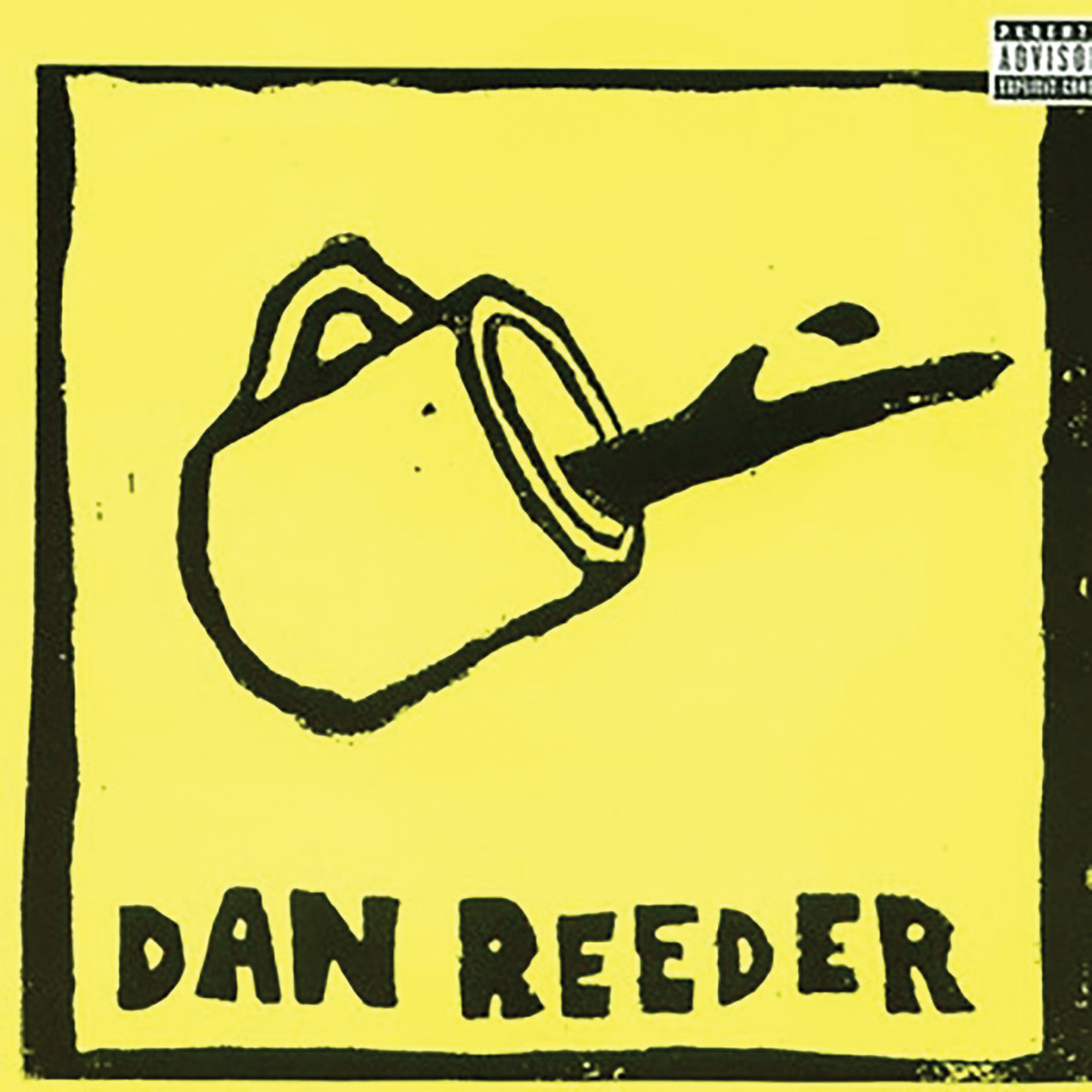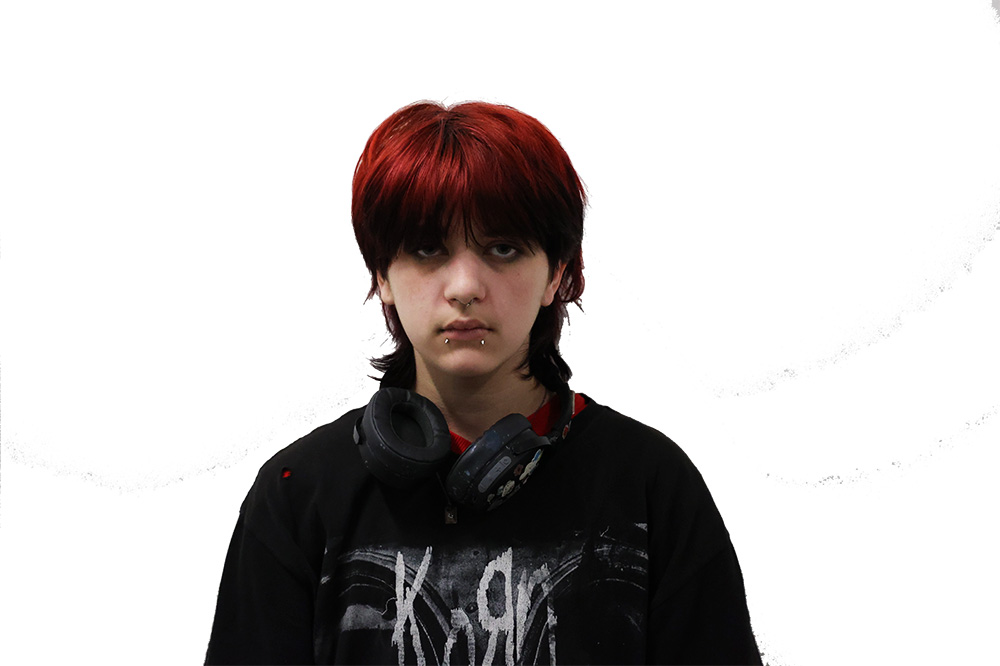Twenty minutes is about how long my walk to school is. That gives room for about six songs in the morning, six on my way back and room for my mind to wander. In that time, I occasionally come across a song where I feel if every person in the world was forced to listen to it, we would have a better society. Of course that is utterly impossible. I don’t have some crazy X-man powers, and I’m not tight enough with political figures to have them take my music suggestions. But hypothetically, let’s say that I can make everyone listen to the music I pick. Here are the three songs I would pick from.
Universal Soldier – Buffy Sainte-Marie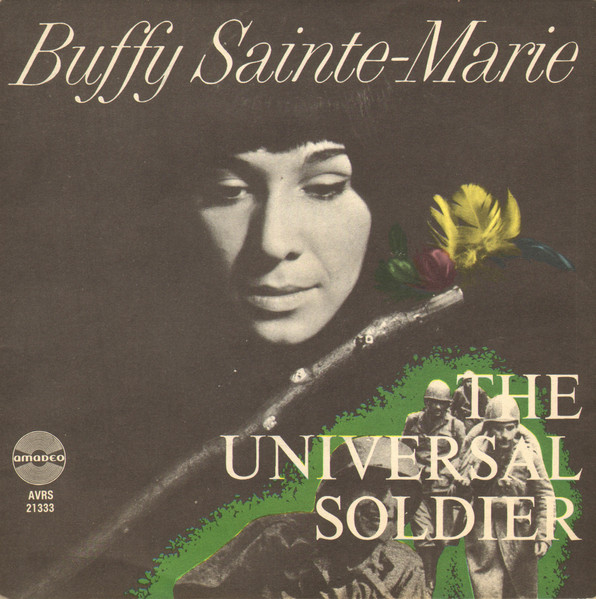
“Universal Soldier” was originally written by Canadian singer-songwriter Buffy Sainte-Marie. The first recording was a single by The Highwaymen, released in September 1963. Sainte-Marie’s song was inspired by the United States’ growing involvement in the war in Vietnam.
My favorite message in the song is that a soldier is a weapon of the war used to perpetuate the needs of a commander. Sainte-Marie also speaks on the fact all soldiers are different whether that be age, religion or race, but they all still fight.
Throughout the years, the meaning of the song changed with different wars yet the anti-war message shines through. My favorite cover of this song is by First Aid Kit in 2011. The band changes the original lyric, “And he’s fighting for Canada / He’s fighting for France / He’s fighting for the U.S.A / And he’s fighting for the Russians / And he’s fighting for Japan,” to the more topical lyric, “And he’s fighting for Palestine / He’s fighting for Israel / He’s fighting for the U.S.A / And he’s fighting for the Russians / And he’s fighting for Iraq.” The change is subtle but has a huge impact on the listener. This small change also shows how the song stays true throughout the years.
The fact this message still stands true 61 years later is depressing, but it shows how Sainte-Marie’s message is even more important to hear. I believe world leaders should hear this song to see the effect of their commands. Most people and leaders see soldiers as pawns and not people Sainte-Marie is saying the opposite directly, humanizing the soldiers she sings about. With the humanization she acknowledges the fact the soldiers are still following the orders they are given. This is especially shown in the lyric, “He’s the one who must decide / who’s to live and who’s to die”. I think this lays a layer of responsibilities on soldiers. Everyone has free will and soldiers directly follow the command to kill. This poses the ethical question of who is more at fault: the master or the puppet.
Which Way Are You Goin’? – Jim Croce 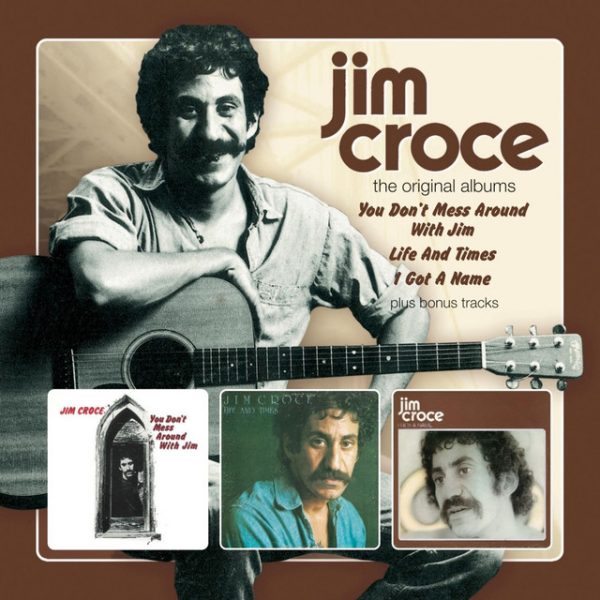
I love Jim Croce’s music. He was a soft rock and folk singer during 1966 to 1973. You may know him from his most popular songs, “Time in a bottle” or “Bad, Bad Leroy Brown.” His music has that old timey swagger to it, the type that makes you want to tap your foot.
On a first listen to “Which Way Are You Goin’?” the shoe-tapping feeling holds up, but once you really look at the lyrics you see a powerful message. The song is about hypocrisy around those who perpetuate old beliefs, shown in the line, “You walk the streets, righteousness / But you refuse to understand / You say, you love the baby / Then you crucify the man.” These lines both cancel out each other. How can a person truly be “righteous” if they refuse to see the world from another perspective? In my humble opinion you can’t be. I believe part of being human is our differences and that part of us should be honored.
My favorite line, however, is “Now you turn your back on / All the things that you used to preach / Now it’s let him live in freedom / If he lives like me.” I really love this line because it shows more of the hypocrisy related to older ways of thinking. This in reference to how in most religions you are meant to express love for others, but yet religion is often weaponized to preach one way of life. You have to fit in a singular mold they perpetuate taking away the uniqueness of humans. This uniqueness should never be sacrificed.
No Surprises – Radiohead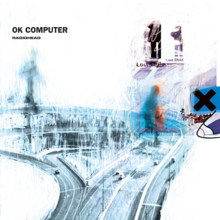
Like most teenagers whose dad was in his twenties during the ‘90s, one of my favorite bands is Radiohead. Therefore, putting “No Surprises” on this list was a no-brainer. The song came out in 1997 and is definitely one of their most popular songs.
“No Surprises” is about being unhappy with life and society in general. This is especially true in the beginning of the song with the lyric, “A heart that’s full up like a landfill / A job that slowly kills you / Bruises that won’t heal / You look so tired, unhappy / Bring down the government / They don’t, they don’t speak for us.” “No Surprises” truly encapsulates a lot of the helpless sadness that comes with living in a capitalistic society. In the end of the song you can feel the disdain the narrator feels even with the mellow delivery. I think the softer delivery makes this song so much sadder.
I think the last line of the song, “No alarms and no surprises (get me out of here),” hits the hardest. The call to get out and for a peaceful life throughout the song is the top reason why I think everyone should listen to it. Whether it can make you imagine someone else’s perspective of living under capitalism or you can relate to it, I think the message shines through.
Of course there are more songs that would have as important of an impact, but these are three that I personally grew up listening to. These three songs in my opinion could create more understanding among humankind. From a message of anti-war, not weaponizing hate and struggling under capitalism, they all have one thing in common, the bettering of humanity. These artists did it in what I would consider the most impactful way, through song.





